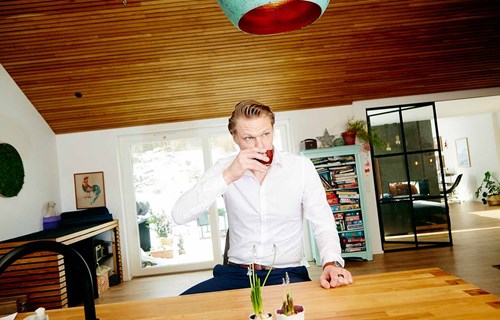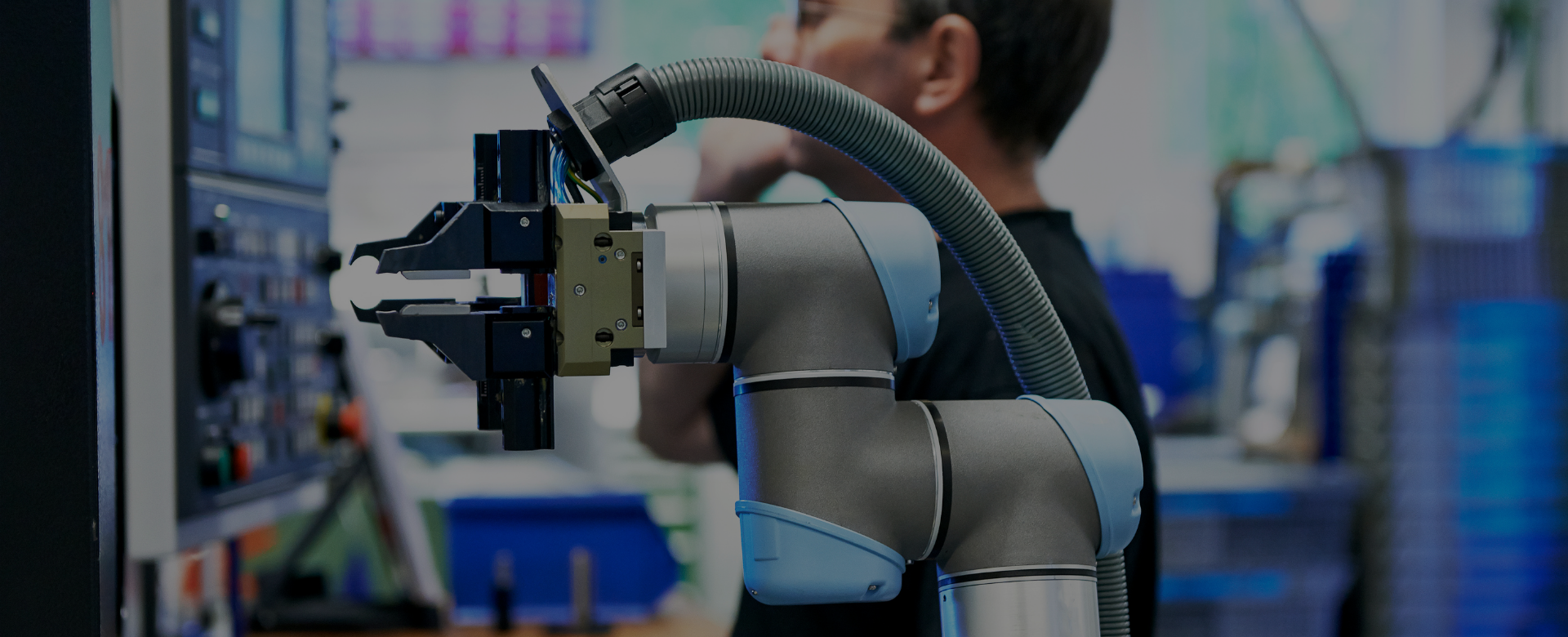In Denmark, a successful cluster of robot companies has emerged, with Universal Robots as the flagship. This cluster is rooted in visionary decisions made by private sector business representatives in conjunction with university scientists 30 years ago. Since then, the cluster has developed in close collaboration between private initiatives, knowledge institutions, and public industrial policy. This story carries an important lesson.
By Carsten Steno
Denmark – and especially the Danish island of Funen – is home to a strong cluster of robot companies today. The cluster consists of well-developed research and educational institutions with significant industrial automation knowledge and more than 80 companies with automation technologies as the core of their business. This cluster employs more than 2,300 people – and is expected to grow at a high rate in years to come.
A breakthrough for the robot cluster arrived with the strong global growth in sales for the flagship of the cluster, Universal Robots, acquired by the U.S. company Teradyne in 2015 for $285M.
International experiences with ecosystems surrounding technology-based growth companies show that individual significant and commercial successes are pivotal to the development of a cluster. But at the same time, it has been important that throughout more than 30 years, significant initiatives have been taken by both private and public players to create the robot environment now flourishing.
I describe this story in a new book “A cluster that works” subtitled “Universal Robots and the Funen robot environment 1986-2016”, released in April this year.
The foundation of the cluster was created back in the 80s when A.P. Møller’s shipyard in Odense (largest city in Funen) and Odense University joined forces to develop advanced software for operating self-programming robots. This collaboration resulted in the largest private donation to a Danish university ever, when “A.P. Møllers Almenfond” in 1997 granted $12M to a scientific research institute within robot technology.
From this collaboration, AMROSE was developed – a software company owned by A.P. Møller and the university – which kept on working with developing advanced programs for robots. Today, it is clear to everyone that AMROSE’s robots and software were 20 years ahead of their time.
But the software that was developed back then is the foundation for the robots that Denmark and Funen are known for today.
From this research, Universal Robots was developed and started to produce small low-cost so-called cobots, collaborative robots. They are suitable for use in Danish industrial enterprises that to a great extent make their profits from flexible production in small batches. These robots make them competitive with China.
Universal Robots and two of the founders, Kristian Kassow and Esben Østergaard, almost failed with their project, when in 2008, their company was rescued by Statens Vækstfond (The National Growth Foundation) and injected with new capital and new management in order to further grow the company.
Today, eight years later, Universal Robots is one of Denmark’s fastest-growing companies with global reach. And with an American parent company investing heavily in Danish high technology aiming to keep the company’s headquarters and development department in Odense.













